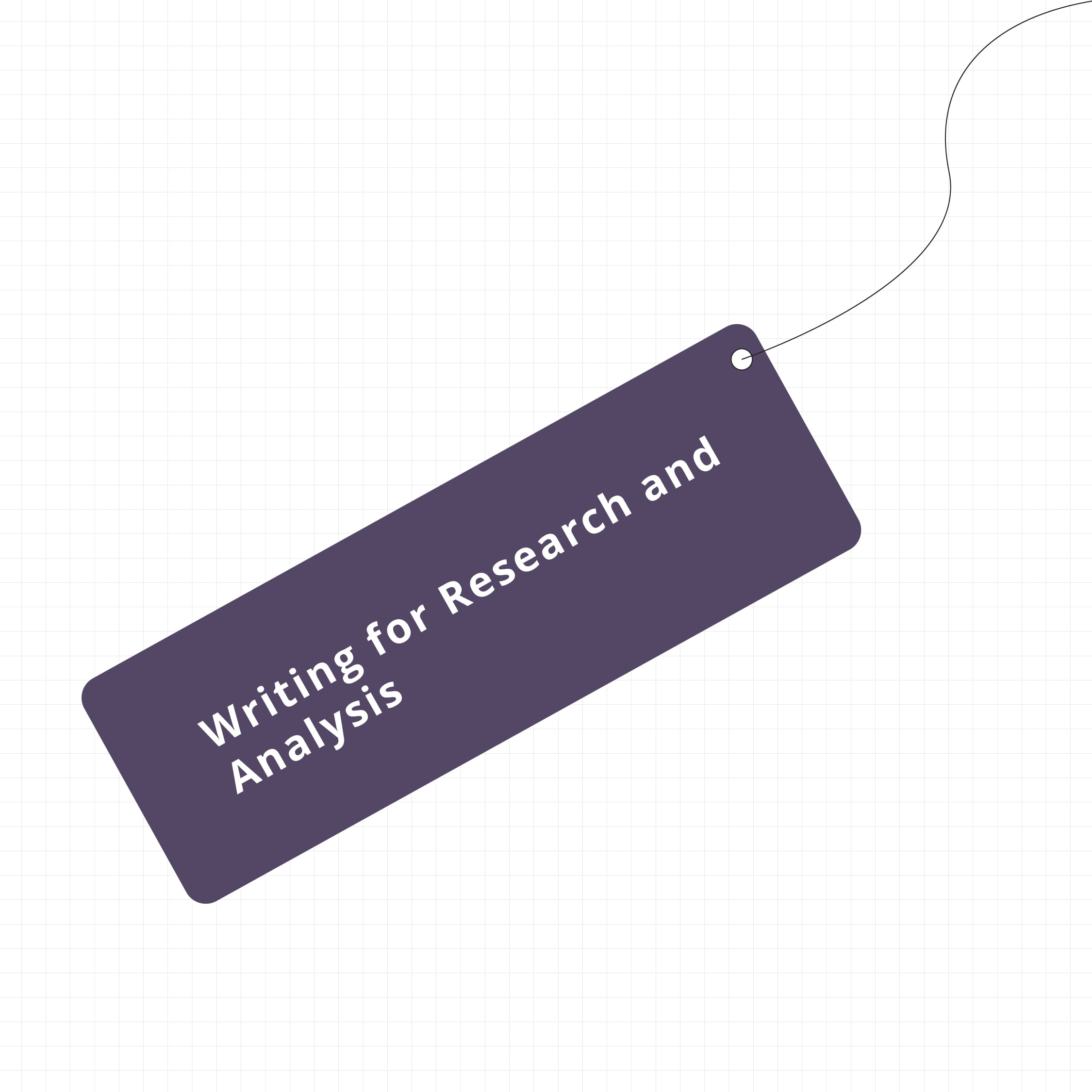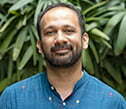


Registrations Closed
Writing for Research and Analysis is a course for anyone who wants to write research papers, analytical essays, reports or articles. It focusses on how one moves from forms of evidence, information and data to a structured piece of writing that makes one or more arguments. These can be writing pieces for different audiences – an academic article or working paper, analytical reports, policy briefs, long-form essays as well as empirically-informed journalistic pieces – that share the same goal: to synthesise and present arguments using qualitative or quantitative information.
The course focusses on building argument maps as structures that outline a piece of writing, and how to organise information, think of flow, tone and register using this technique. It is important to note that this is a course on how to structure such writing. It does not focus on the writing itself in terms of clarity, tone or style.
Who this is for
- Young researchers working in academia or in the social sector
- PhD scholars and Master’s students
- Practitioners employed in think-tanks, research institutes, and the development sector, dealing with evidence synthesis, writing and analysis
- Journalists/Writers specialising in public writing
This course will enable participants to:
- Learn techniques on how to structure information and data into arguments, particularly building Argument Maps as forms of writing outlines
- Appreciate different styles of structuring arguments for different types of writing
- Understand different types of writing available to convey arguments in
- Understand how to structure an argument differently across different forms of writing
At IIHS, Gautam teaches, researches and writes on the politics of urban poverty and inequality, urban and planning theory, housing, and identity and social practice. He anchors IIHS’ work as a Centre for Excellence with the Ministry of Housing and Urban Affairs; as well as a knowledge partner to urban movements for housing rights. As Associate Dean of the IIHS School of Human Development, he leads work on urban welfare regimes, social protection and informal work, work on child health outcomes for the children of informal workers in domestic work and construction, and advocacy on urban social protection regimes. He holds a PhD in City and Regional Planning from University of California, Berkeley and is widely published. He is the author of In the Public’s Interest: Evictions, Citizenship and Inequality in Contemporary Delhi (University of Georgia Press 2017; Orient Blackswan 2017) and co-editor (with Smita Srinivasan and Vanessa Watson) of the Routledge Companion to Planning in the Global South (Routledge 2018).
Pooja Sagar is a social science research scholar working in the area of history and cultures of medicine and health in India. She looks at the intersections of knowledge systems through the lived experiences of ordinary people using oral history methods and archival studies. She has wide experience of teaching academic writing practices, and critical and analytical thinking routines at both undergraduate and graduate levels with leading institutions of learning. She is an alumnus of the Center for Study of Culture and Society, Bengaluru with over 15 years of work experience in research and teaching.
Programme Structure
- Delivered through a combination of online lectures and discussions, hands-on activities, and masterclasses
- High degree of application orientation and peer learning
Key Differentiators
- Extensive use of diverse forms of writing
- Concepts, discussions, examples, and methods rooted in the Indian urban context
- Hands on activities to enable immediate application
Programme Details:
- Format: Online
- Dates: 9 and 10 August, 2023
- Fees: Rs.7,500/- + 18% GST
- Maximum cohort size: 25
For more information, get in touch at upp@iihs.ac.in or on 9611911169
| Friday, 9 August 2024 | |
| 9:30 am – 12:30 pm |
|
| 2:00 pm – 4:00 pm | Assignment: Produce Argument Maps as Writing Outlines |
| 4:00 pm – 5:30 pm | Discussion |
| Saturday, 10 August 2024 | |
| 9:30 am – 12:30 pm |
|
| 2:00 pm – 4:00 pm | Assignment: Produce Argument Maps as Writing Outlines |
| 4:00 pm – 5:30 pm | Discussion |
<< Back





